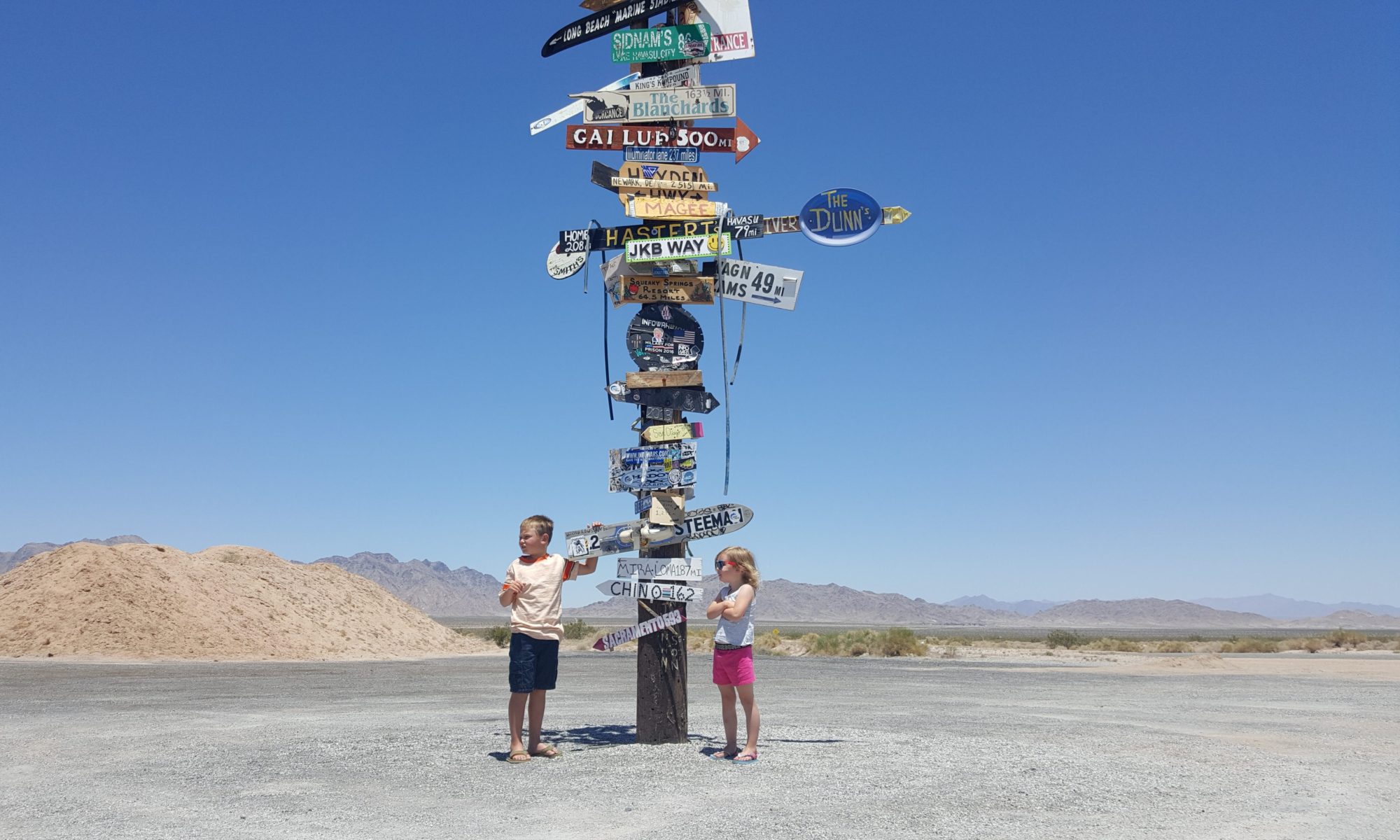In verses 1-8, God gave a glimpse of the distant future to encourage the faithful believers in the Old Testament church. Verse 1 starts with, “But in the last days”. Many people think this may refer to some future time, but Peter told us as recorded in Acts 2:16-21, “No! What you see this morning was predicted centuries ago by the prophet Joel, ‘In the last days,’ God said, ‘I will pour out my Holy Spirit upon all mankind, and your sons and daughters shall prophesy, and your young men shall see visions, and your old men dream dreams. Yes, the Holy Spirit shall come upon My servants, men and women alike, and they shall prophesy. And I will cause strange demonstrations in the heavens and on the earth – blood and fire and clouds of smoke, the sun shall turn black and the moon blood-red before that awesome Day of the Lord arrives. But anyone who asks for mercy from the Lord shall have it and shall be saved’.”
Historical records indicate that the earliest documented instance of a blood moon occurred on January 29, 1136 BCE. The first filling of the church with the Holy Spirit was the first Day of Pentecost after Christ’s resurrection. Jesus told His disciples when they asked the question, “The father sets those dates,. . .and they are not for you to know.” (Acts 1:7). But He did tell us what we are to do in verse 8. The first century Church spread the Gospel from Spain to India so why haven’t we completed the job since then?
In verses 9-13, Micah brought the people back to the present reality. “But for now, you scream in terror. . .you will be sent far away into exile in Babylon. But there I will rescue you and free you from the grip of your enemies.”
This sounds like Murphy’s Law: If anything can go wrong, it will! What do we, the Church, individual and/or universal, need to do? Acts 1:12-15 tells us that after Jesus ascended, “They were at the Mount of Olives when this happened, so now they walked the half mile back to Jerusalem and held a prayer meeting in an upstairs room of where they were staying. . .This prayer meeting went on for several days.” Maybe if the local church would follow this example in the early chapters of Acts, we might begin to see the change in Micah 4:5-8.
